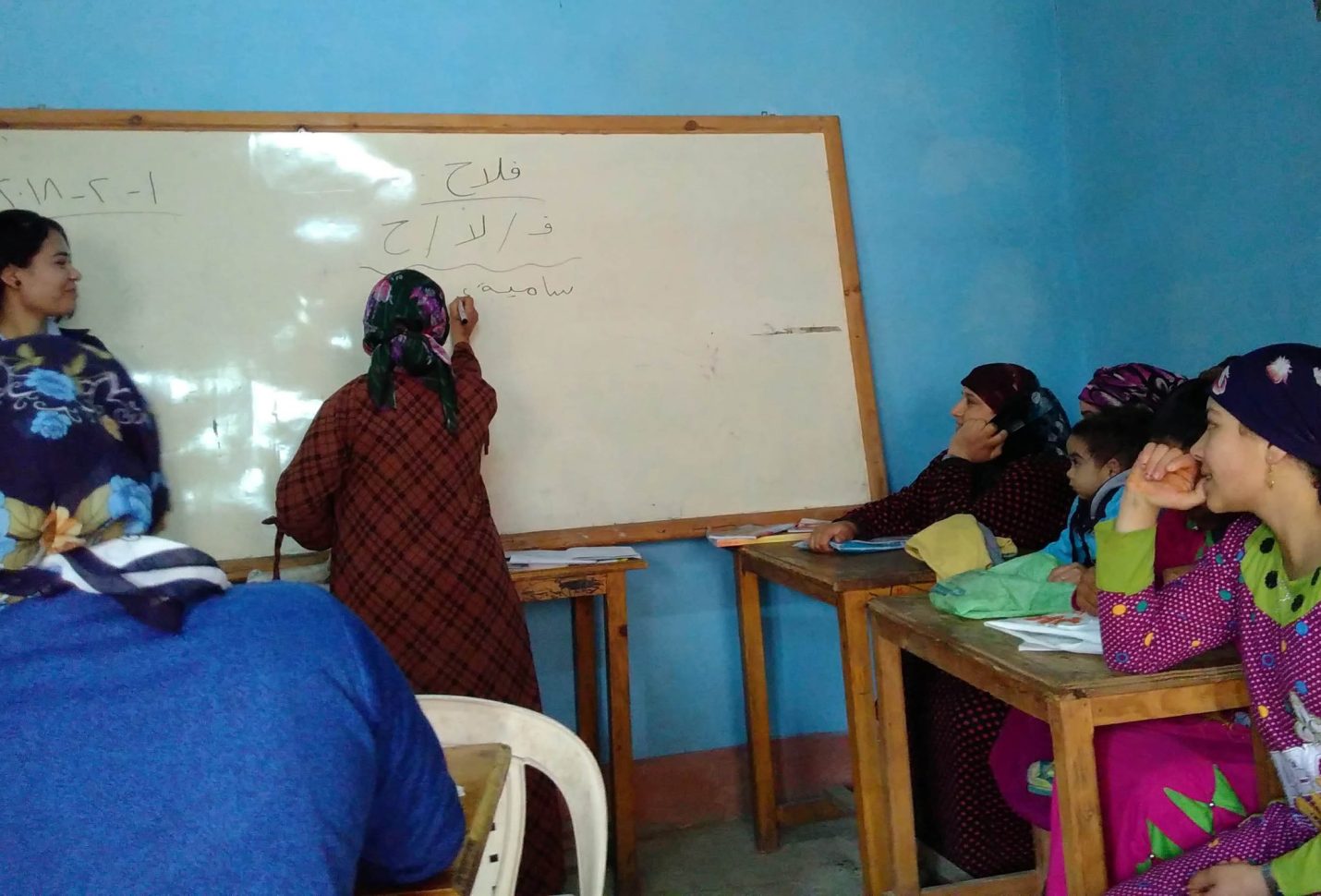
Water Conservation: 7 Simple Ways to Save Water at Home and in Your Business
Water is one of our most precious resources, yet it is often wasted without thought. ...

The UNESCO Cairo Office and the UNESCO Institute for Lifelong Learning (UIL) support the Egyptian Government in achieving the Sustainable Development Goals (SDGs), especially SDG 4 on Quality Education and SDG5 on Gender Equality.
UNESCO and UIL bolster Egypt’s development of the project ‘Women, Family and Communities’, including a new, gender-transformative adult learning curriculum framework.
These efforts aim to support Egypt in meeting the commitments outlined in the Marrakech Framework of Action and achieving the SDGs.
Egypt works on developing the new gender-transformative adult learning and education curriculum framework within the context of its commitment to both the transformation of adult education and the reinforcement of lifelong learning, particularly gender-equitable education, Adviser to the Egyptian Minister of Education Hegazi Idris said in an interview with UNESCO Office in Cairo.
Prior to the development of the new framework, the country operated within a ‘one-curriculum’ system. However, because of Egypt’s vast landscape – encompassing both rural and urban areas – and the diverse range of learners who live there, this approach had significant limitations. The needs of many learners, especially women, were not being adequately addressed.
Therefore, with the support of UNESCO and UIL, the Egyptian Ministry of Education embarked on the development of a gender-transformative framework for adult learning and education, the aim of which is to enhance inclusivity and empower women, families and communities. The goal is to address the educational needs of diverse groups who may have been overlooked by the previous adult learning and education curriculum by bridging gaps in content and practice, he expounded.
The new curriculum framework is far more comprehensive. It encompasses citizenship education, financial literacy, human rights and development issues, and aims to empower women from various perspectives.
It also promotes inclusivity, with specific emphasis on supporting marginalized groups and families. This holistic approach represents a departure from the past, signaling a commitment to more robust and impactful adult learning and education opportunities.
Hegazi said that the ministry will then work on the dissemination of the framework so that it reaches its target groups; namely women, youth, marginalized communities and other adult learners.
Addressing gender equality through isolated programs is inadequate; the new strategy therefore focuses on empowerment both at family and community levels, he expounded.
Following consultations with the target groups, the Ministry of Education’s plan is to scale-up and generate interest in the curriculum. An integral aspect of the strategy is the incorporation of digital learning; online channels will therefore be explored to assess the curriculum’s applicability, and new content and platforms for implementation will be developed. Implementation will also be facilitated through local community centers and learning cities, drawing inspiration from the success of UNESCO-supported initiatives in various countries.
He highlighted the key role of the collaboration with UNESCO and UIL in shaping the Ministry of Education’s approach to designing this new curriculum framework. The insights gained from UNESCO initiatives, the UNESCO Global Network of Learning Cities and further UIL projects, have been invaluable. The Egyptian Ministry of Education looks forward to its continued collaboration with UNESCO and UIL in the coming months and years.
اترك تعليقا